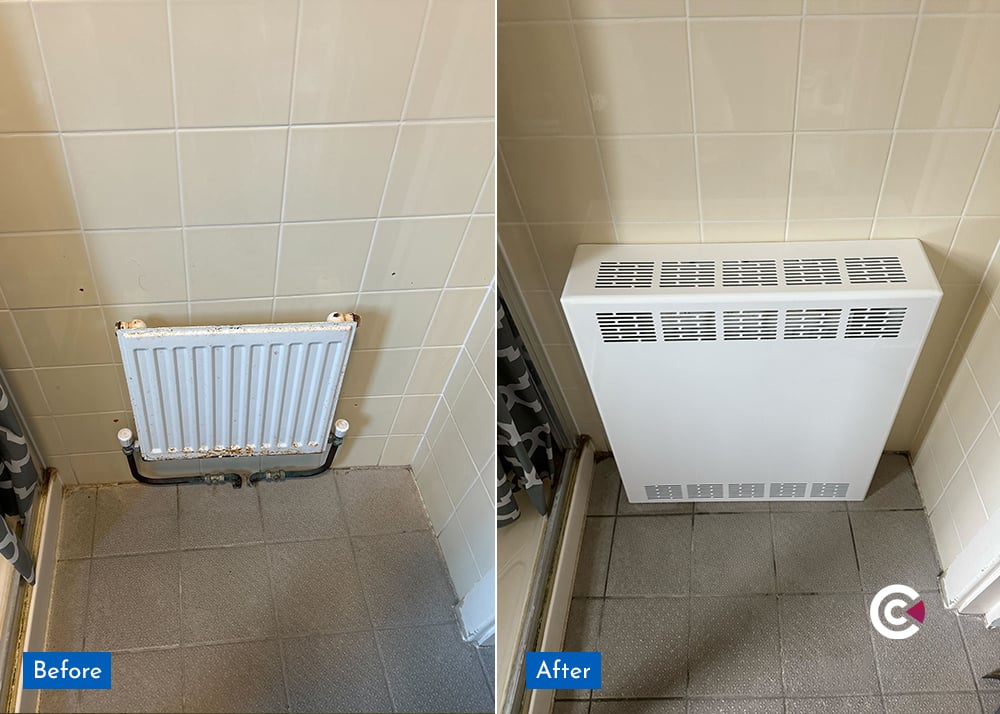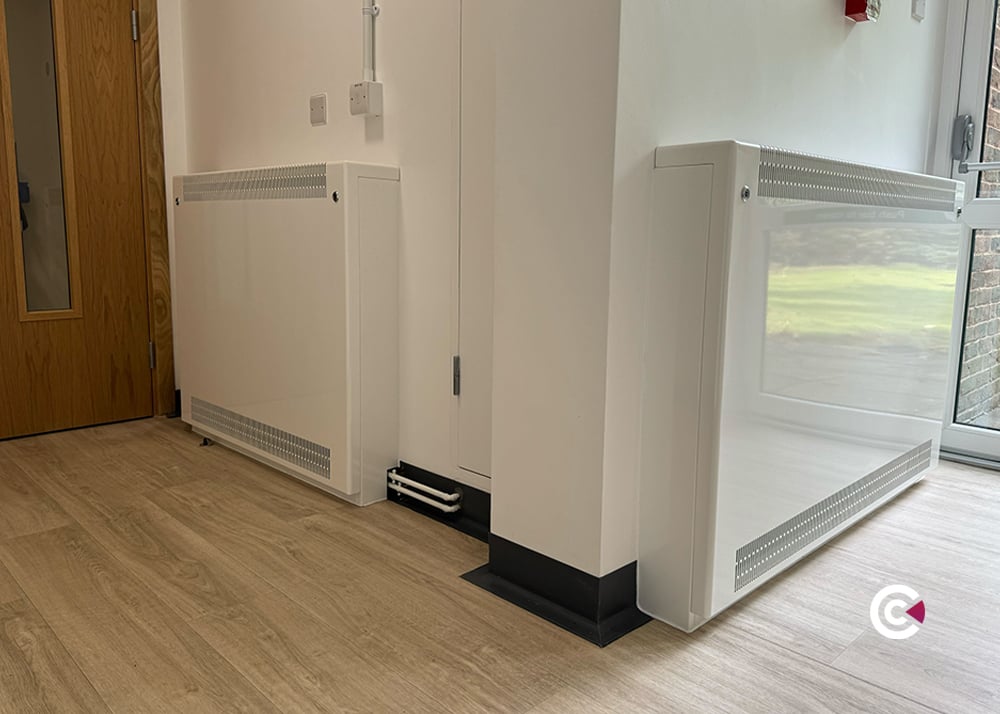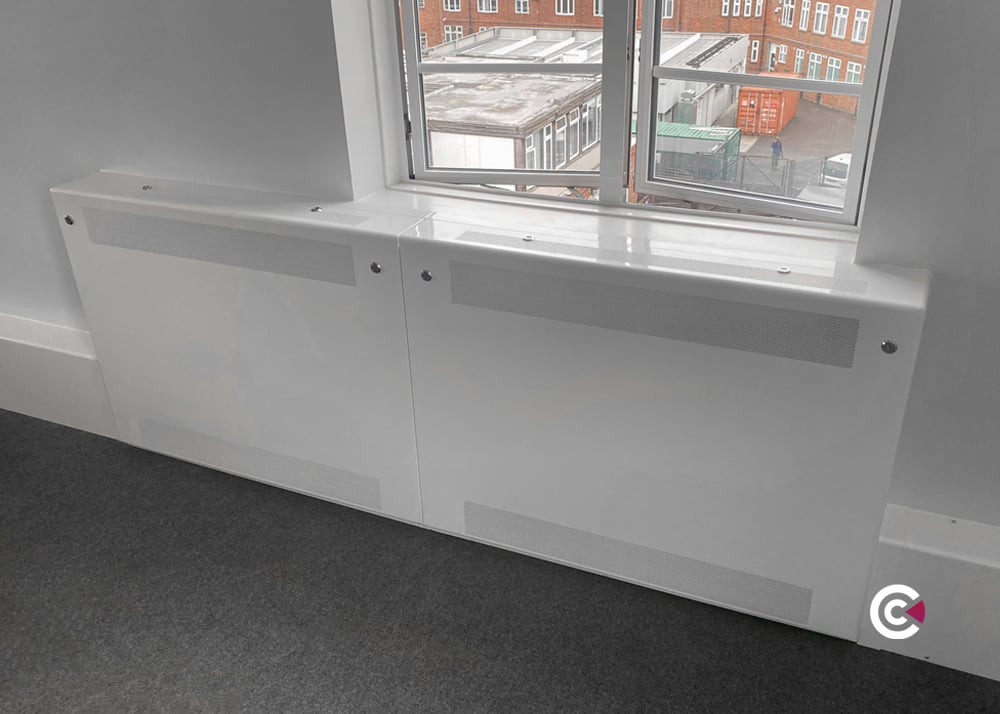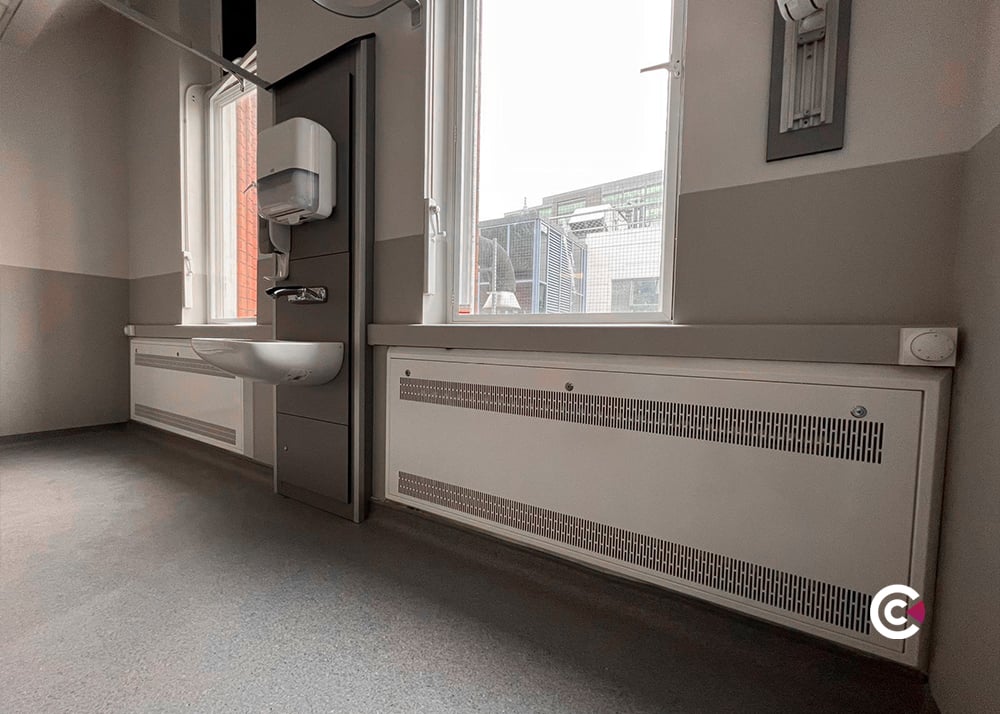The push towards carbon reduction has been steering new builds towards adopting air-source heat pumps in UK building projects. While heat pumps align with sustainability goals, the challenge arises when integrating them with existing radiators, notorious for their inefficiency as heat emitters when paired with heat pumps.
The prospect of replacing entire heating systems and transitioning from gas boilers to air-source heat pumps poses a significant hurdle. Not only does this undertaking incur substantial costs, but it also demands considerable labour and results in downtime – a critical concern, particularly in healthcare settings.
To address this dilemma and optimise efficiency without resorting to extensive radiator replacements, alternative solutions are being explored.
The Conundrum with Air Source Heat Pumps and Radiators
Air source heat pumps have gained popularity for their environmentally friendly nature, leveraging external air to heat buildings. However, when paired with traditional radiators, a mismatch in efficiency becomes evident. Radiators designed for higher water temperatures may not fully complement the lower temperatures produced by heat pumps.
This mismatch can lead to reduced system efficiency, hindering the overall goal of carbon emission reduction. The challenge intensifies when contemplating the replacement of entire heating systems, particularly in public buildings and critical spaces like hospitals.
Navigating Cost and Labour Challenges in Heating System Overhauls
The commitment to carbon reduction plans raises the question of the feasibility of overhauling entire heating systems. The costs involved in transitioning from gas boilers to air-source heat pumps are not merely financial; they also encompass the extensive labour required for installation.
Hospitals, for instance, face the dilemma of significant downtime during such transitions, impacting their ability to provide uninterrupted healthcare services. The financial burden along with other logistical challenges, necessitates a careful examination of alternatives that can deliver on sustainability goals without incurring excessive costs and disruptions.
So is there a way to meet carbon reduction demands without replacing all your LST radiators?
Efficient Alternatives to Traditional Radiators: Exploring Options
Recognising the limitations of traditional radiators, especially when paired with innovative heating solutions like air source heat pumps, prompts exploration into more efficient alternatives. Larger radiators, radiant ceiling panels and underfloor heating are all viable options.
Larger radiators can operate at lower temperatures, which can enhance compatibility with heat pumps. Radiant ceiling panels and underfloor heating offer more even heat distribution, contributing to improved overall system efficiency.
However, these alternatives are costly and buildings may require extensive renovations to infrastructure to facilitate them. If the funding, time or practicality isn’t in place to replace the heat emitters then you might like to look for a different approach.
Evaluating the alternatives is crucial when it comes to striking a balance between sustainability, efficiency and practicality.
Steam Heating Systems: A Novel Approach to Sustainability and Heating Efficiency
Among all the alternatives available, replacing gas boilers with steam boilers provides a compelling solution. This innovative approach introduces the concept of radiators running at higher flow temperatures, offering a cost-effective and sustainable option, particularly for healthcare companies.
Steam boilers eliminate the need for extensive radiator replacements and streamline the transition process. Meaning your pre-existing low surface temperature radiators don’t need to be stripped out.
The result is not only a more energy-efficient heating system but also a solution that aligns with carbon reduction plans while mitigating the financial burden associated with comprehensive heating system upgrades.
New Builds vs. Renovations: Assessing the Optimal Heating Solution
While new builds are inclined towards the adoption of air-source heat pumps, renovations present a unique set of considerations. Steam boilers, with their potential to optimise existing radiators, (with or without radiator covers) emerge as a great choice for renovation projects.
The adaptability of steam heating systems becomes evident, offering a sustainable solution without the need for extensive alterations. This versatility positions steam boilers as a pragmatic and efficient choice, especially in scenarios where the replacement of entire heating systems may prove impractical or cost-prohibitive.
Sustainable Heating with LST Radiators
Steam heating systems, particularly when powered by steam boilers, present a suitable alternative for those navigating the balance between carbon emission reduction and practicality.
While new builds may continue to favour air-source heat pumps, the adaptability of steam boilers positions them as a beacon of efficiency for renovations, ensuring a sustainable and cost-effective path forward.
Contour's DeepClean LST is a steam boiler compatible with a design that prevents heat loss and retains heat at the same time. It reduces energy costs and contributes to a lower carbon footprint in your facility. The range features a powder coating on both the inside and outside, incorporating BioCote® protection technology onto the product surface to inhibit the growth of microbes on surfaces, ensuring cleaner and safer heating.
The incorporation of BioCote® antimicrobial technologies has demonstrated an impressive reduction of microbes by up to 99.99% and represents a proactive step towards improving hygiene standards. Conventional radiator designs pose cleaning challenges, fostering environments with higher risks of microbial proliferation and the potential spread of infectious diseases.
DeepClean LST tackles these challenges head-on with a unique easy cleaning design, offering accessible surfaces for cleaning and minimising hidden spaces where dust and microbes thrive. To explore the optimal heating solution for your care home, get in touch today and schedule a consultation with one of our heating experts.
-1.png)


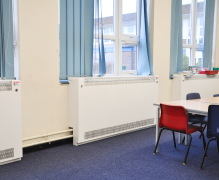
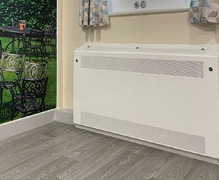
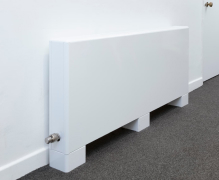
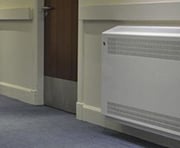
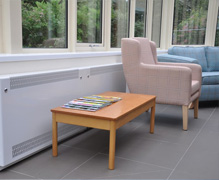

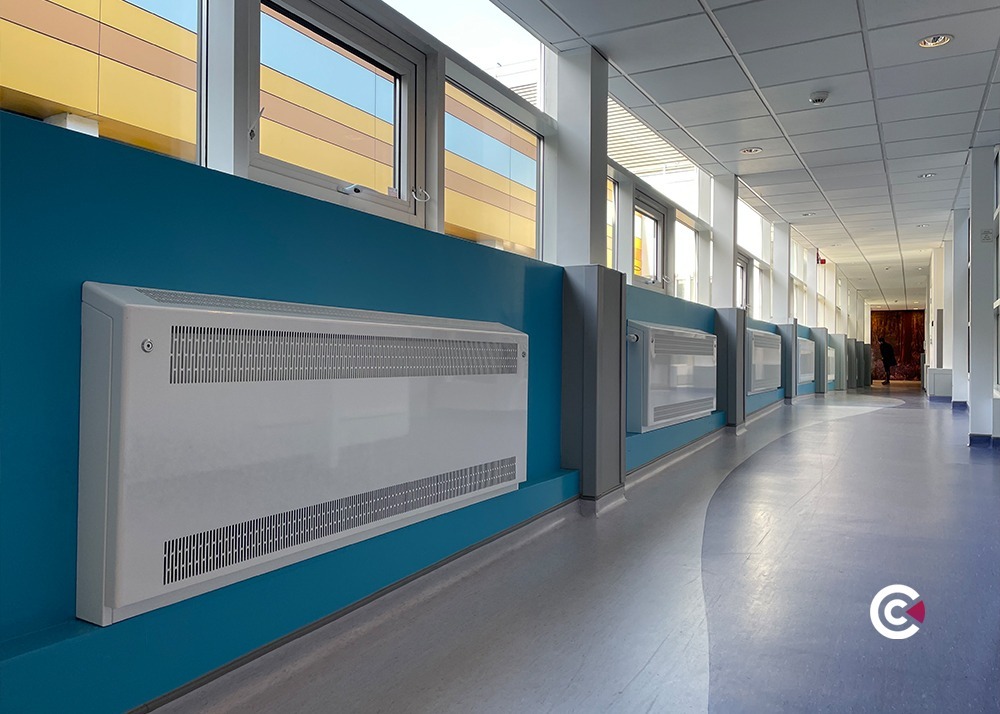
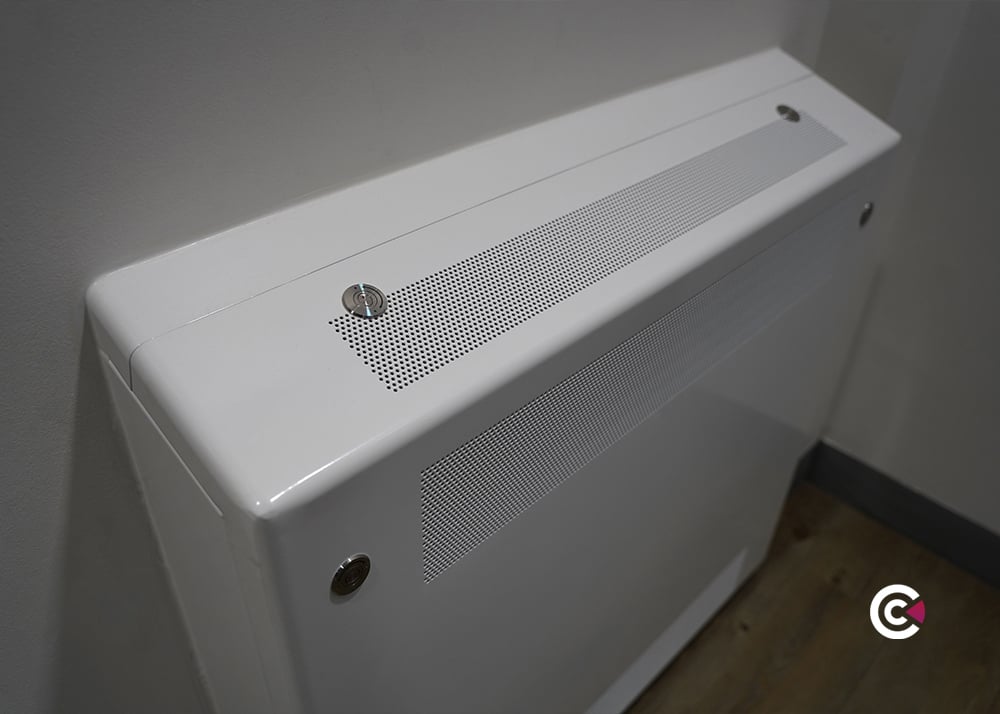







/anti-ligature%20vent%20grilles.jpg)

